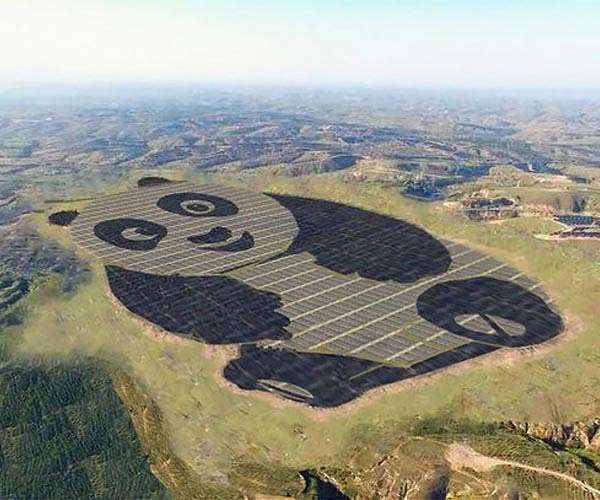Chinese companies abandon Romanian solar tender after EU investigation
Two Chinese solar panel makers have withdrawn from a public tender in Romania after the EU launched an investigation into foreign subsidies, Brussels said on Monday.
Brussels is trying to boost renewable energy in Europe to reduce greenhouse gas emissions, while moving away from excessive dependence on cheaper Chinese wind and solar technology.
More broadly, the EU wants to defend European industry against growing threats from China and the United States, and has launched several investigations into Chinese companies over state subsidies.
The European Commission launched an investigation in April into two consortia suspected of receiving subsidies that Brussels feared would undermine rivals in Europe.
After the Chinese companies withdrew their bids, the commission said it would “conclude its in-depth investigation.”
The investigation was launched under new rules that came into force last year to prevent foreign subsidies from undermining fair competition in the EU.
“We are investing massively in installing solar panels to reduce our carbon emissions and energy bills – but this should not come at the expense of our energy security, industrial competitiveness and European jobs,” said EU Internal Market Commissioner Thierry Breton. , said.
The new rules ensure that “foreign companies participating in the European economy do so by adhering to our rules on fair competition and transparency,” he added.
But China’s Chamber of Commerce to the EU denounced the rules “as an instrument of economic coercion”, leaving Chinese companies with “no commercially sensible choice but to withdraw”.
The CCCEU claimed that the Chinese companies were under more scrutiny than other non-EU companies, and said the withdrawal “hinders” the EU’s “green transformation efforts”.
– Increasing trade tensions –
One of the two consortia targeted by the investigation includes the Enevo group in Romania and a German subsidiary of Chinese parent company Longi Green Energy Technology.
Longi – the world’s largest solar panel manufacturer – said it remains “fully committed to working with its partners in Europe” to ensure the continent “can meet its ambitious sustainable energy and climate goals.”
The second consortium consisted of two subsidiaries, both fully controlled by the Chinese state-owned company Shanghai Electric Group.
They had signed up to design, build and operate a photovoltaic park in Romania, partly financed by EU funds.
The estimated value of the contract was approximately 375 million euros ($405 million).
Europe is highly dependent on foreign solar panels. According to Brussels, more than 97 percent of panels in Europe are imported, mainly from China.
Other EU investigations have been opened into Chinese subsidies for electric cars, trains and wind turbines as trade tensions between the two sides escalate.
A fight over solar panels is nothing new for the EU.
In 2013, the EU imposed anti-dumping duties after European manufacturers said imports of Chinese panels were undermining their businesses, although they were scrapped five years later.


